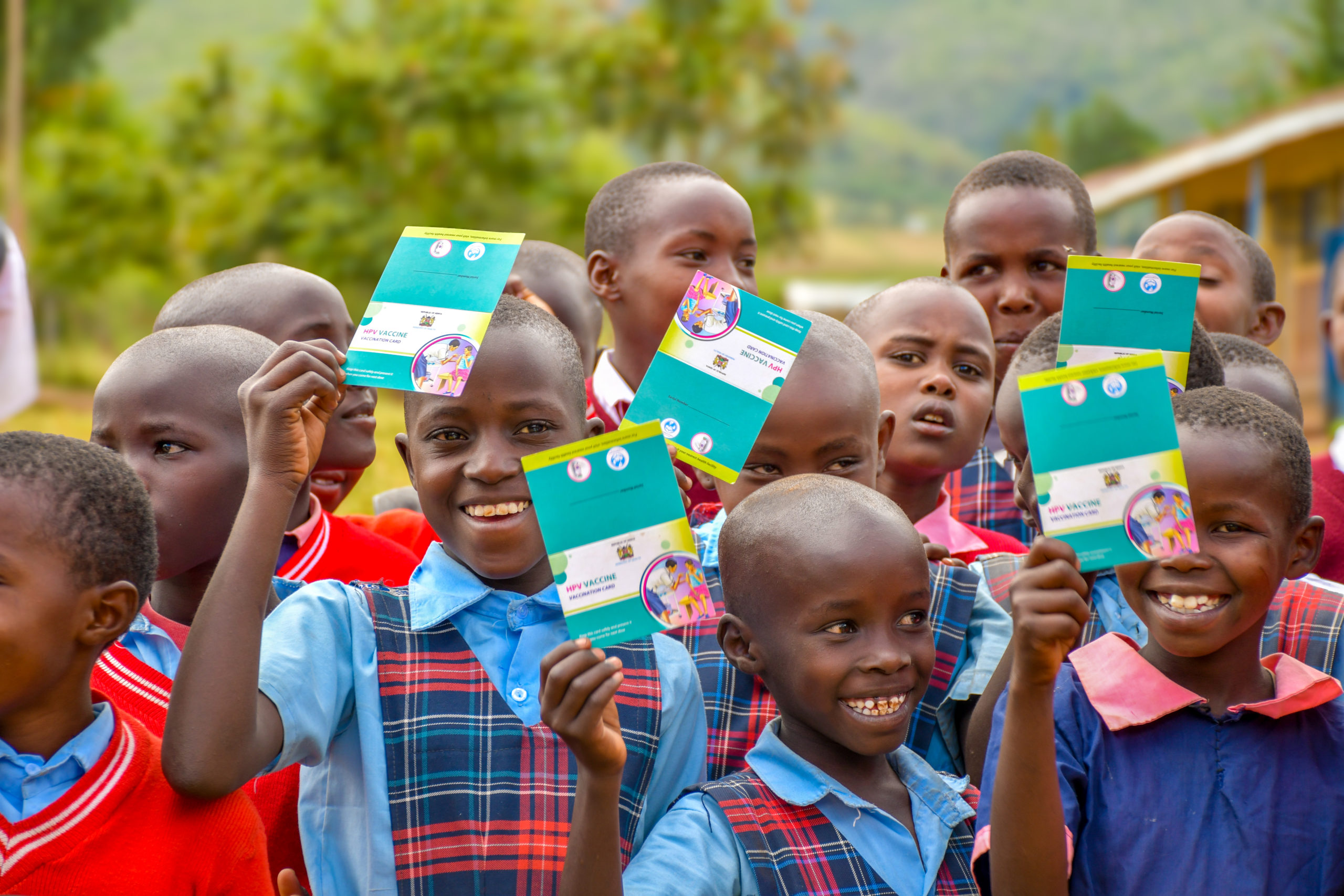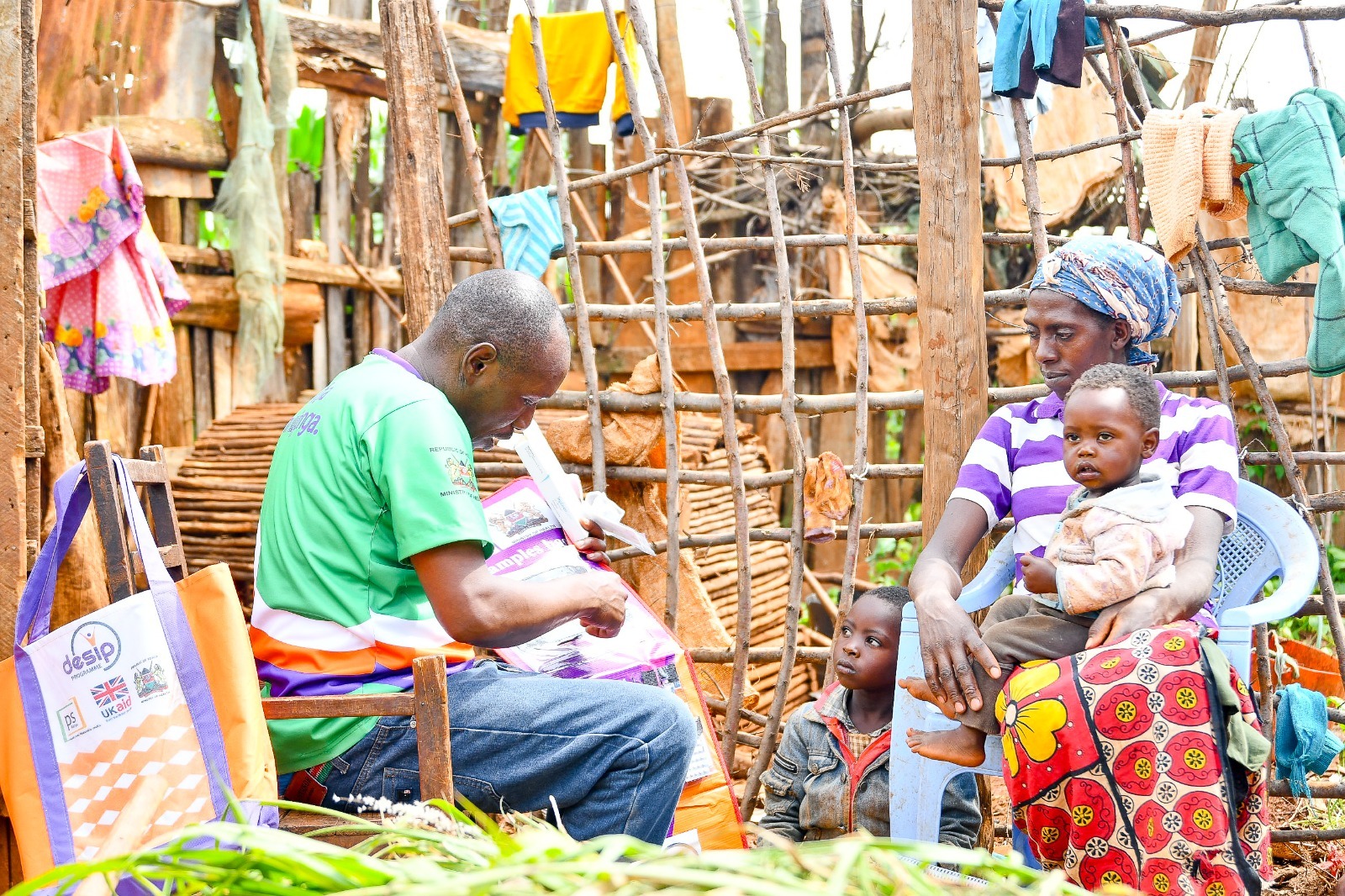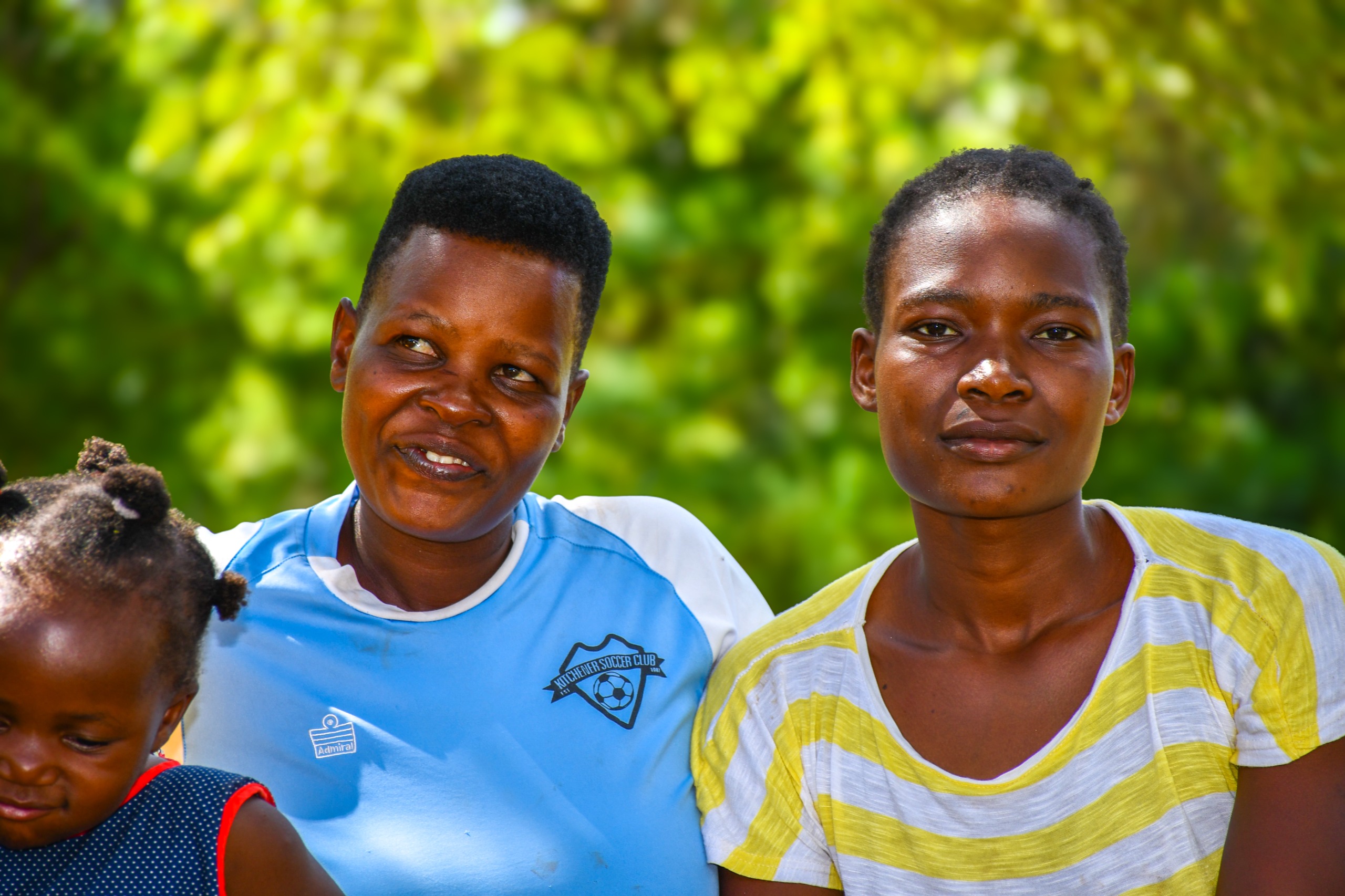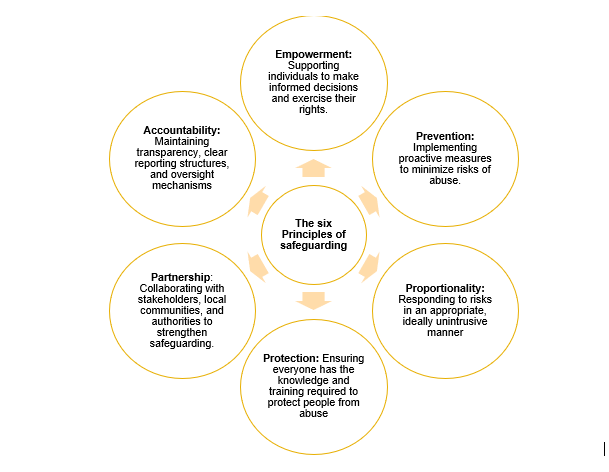Cervical cancer stands as a formidable adversary to women’s health worldwide, claiming hundreds of thousands of lives each year. It ranks as the second most frequent cancer among women in Kenya, with the majority falling between 15 and 44 years of age. According to the Information Center on Cancer, every year, 5,236 women are diagnosed with cervical cancer, and 3,211 die from the disease. While strides in medical science have significantly improved prevention and treatment, the underlying culprit behind the majority of cervical cancer cases often remains undetectable until it’s too late: the Human Papillomavirus (HPV).
Population Services Kenya, through its Vaccination Action Network (VAN) project, funded by the Rockefeller Foundation and implemented in Nakuru County’s Njoro and Rongai sub-counties, carried out an integrated vaccination activity on February 5, 2024, in Tuyoitich Primary School, Rongai sub-county. The activity, carried out in collaboration with the Sub-County Health Management Team (SCHMT), reached a total of 550 students, with 200 being male and 350 being female.

The project, through the SCHMT, conducted an extensive awareness campaign to educate the students about the importance of vaccination. This included disseminating information on vaccine-preventable diseases, the benefits of vaccination, and addressing common myths and misconceptions.
In a concerted effort to improve health outcomes among adolescent girls, the SCHMT prioritized the vaccination of girls aged 10 and above. This targeted intervention not only aimed to protect the young girls from HPV-related diseases but also marked a proactive approach towards preventing cervical cancer. By administering the HPV vaccine to this vulnerable demographic, the project endeavors to empower young girls with the tools to lead healthier lives and contribute to the long-term reduction of cervical cancer incidence in the community.
Remote or hard-to-reach areas like Tuyoitich Village, often characterized by geographical isolation, sparse population density, and underdeveloped infrastructure, face significant barriers to healthcare access. Limited availability of healthcare facilities, coupled with transportation challenges, heightens the difficulties in accessing preventive services such as HPV vaccination. As a result, individuals in remote communities like Tuyoitich experience disparities in healthcare access, leading to increased morbidity and mortality rates from preventable conditions like cervical cancer, which could be mitigated through timely interventions such as HPV vaccination campaigns.
In addition to administering the HPV vaccine, the SCHMT embarked on COVID-19 vaccination efforts, providing the first dose of the Pfizer vaccine to 20 males and 26 females, followed by the second dose to 20 males and 46 females. Beyond vaccination, the team conducted an awareness campaign on cholera, focusing on educating students about crucial hygiene practices. They emphasized the significance of proper handwashing techniques, the importance of consuming clean water, and uncontaminated food.
Through such efforts, PS Kenya is paving the way for a healthier future, where the emphasis on prevention empowers communities to take charge of their health and wellbeing, potentially yielding long-term benefits, particularly to those in remote or hard-to-reach areas.



